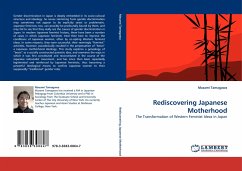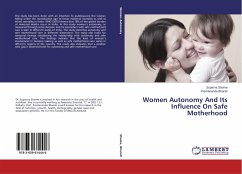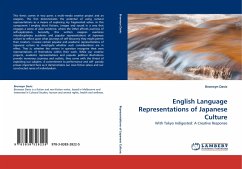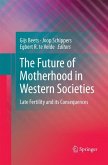Gender discrimination in Japan is deeply embedded in its socio-cultural structure and ideology. So issues stemming from gender discrimination may sometimes not appear to be explicitly sexist or problematic. Japanese feminists, too, can possibly be profoundly bound by them, and may fail to see that they really are the causes of gender discrimination in Japan. In modern Japanese feminist history, there have been a number of cases in which Japanese feminists tried their best to improve the conditions of Japanese women, often by co-opting Western feminist ideas. In some respects, they were successful; their seemingly feminist activities, however, paradoxically resulted in the perpetuation of bosei a Japanese motherhood ideology. This study explores a genealogy of bosei as a socially constructed patriotic idea, and examines the ways in which it was first constituted and reconstituted in the course of the Japanese nationalist movement, and has since then been repeatedly legitimated and reinforced by Japanese feminists, thus becoming a powerful ideological means to confine Japanese women to their supposedly traditional gender roles.
Bitte wählen Sie Ihr Anliegen aus.
Rechnungen
Retourenschein anfordern
Bestellstatus
Storno








